Publications
How Urban Data Governance in Europe Is Shaping the Future of Cities

This article examines how urban data governance in Europe is reshaping city development through regulatory frameworks, federated platforms, and mission-oriented data spaces. It explores how European cities leverage data to align climate, social, and digital objectives while addressing fragmentation, governance complexity, and uneven territorial capacities. The analysis highlights both the systemic potential and political challenges of scaling these models across Europe.
Read MoreHow Urban Data Governance in Europe Is Shaping the Future of CitiesWhen Communities Take Charge: Lessons from Güssing and Local Energy Independence
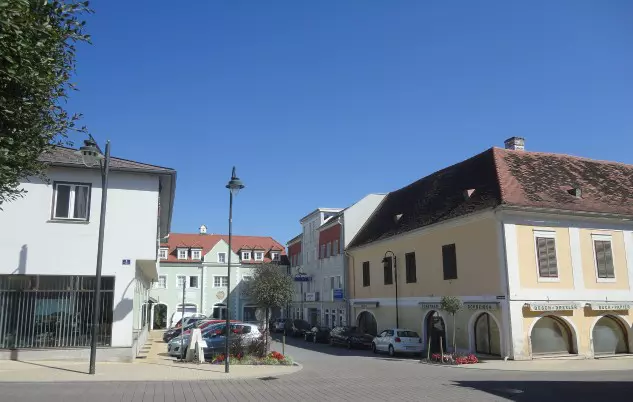
How can cities strengthen resilience while keeping energy value within their communities? This article explores the case of Güssing, a small Austrian town that achieved local energy independence through community-led renewables and smart governance. Its experience offers practical lessons for municipalities seeking sustainable energy systems and local economic renewal.
Read MoreWhen Communities Take Charge: Lessons from Güssing and Local Energy IndependenceThe Western Balkans ESG Conference 2025: From Regulation to Culture in a Region Under Climate Stress
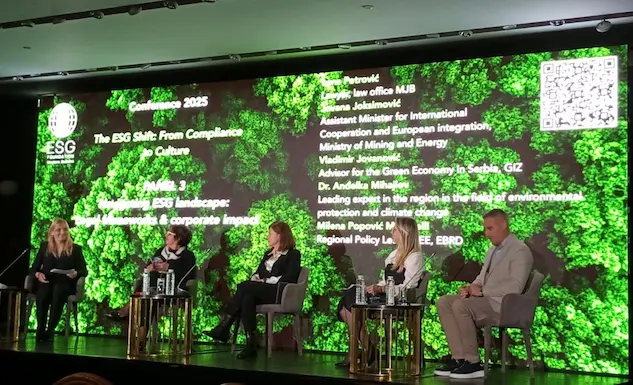
The Western Balkans ESG Conference 2025 convened regional leaders to assess how climate stress, regulation, and generational change are reshaping corporate sustainability. Discussions highlighted water security, data governance, financing barriers, and the importance of ESG literacy across institutions. The event underscored a clear shift: ESG is evolving from a compliance obligation into a cultural and strategic transformation for the region.
Read MoreThe Western Balkans ESG Conference 2025: From Regulation to Culture in a Region Under Climate StressHuman-Centric Smart Mobility: Ethical Dilemmas and Solutions in the Age of Intelligent Connectivity
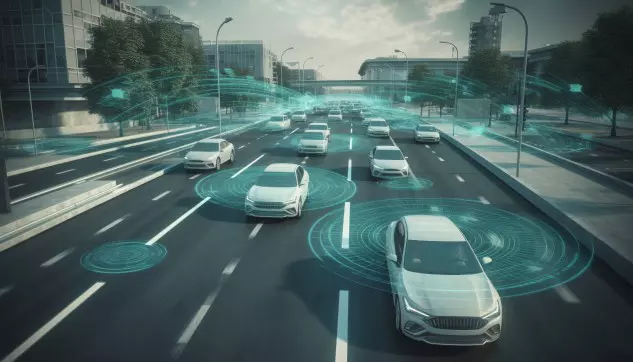
: Smart transportation’s pursuit of efficiency raises ethical dilemmas: loss of driver control, data privacy concerns, and diminished social connectivity. Solutions include standardized human-machine interfaces, robust data governance, and technology-designed social interactions to preserve human-centric mobility.
Read MoreHuman-Centric Smart Mobility: Ethical Dilemmas and Solutions in the Age of Intelligent ConnectivityThe New Urban Starter Home: How Cities Are Reinventing Affordable Urban Housing Solutions for a New Generation
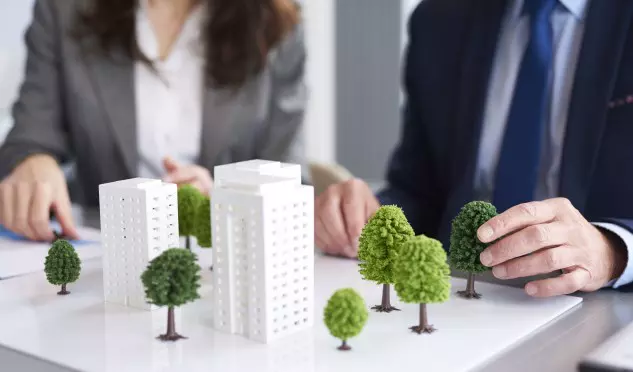
Cties are under increasing pressure to deliver affordable urban housing solutions as young residents struggle with rising rents and limited supply. This article explores Beijing’s pioneering collective-land rental model alongside international examples from Vienna, Helsinki, Tokyo, Singapore and New York. Together, these cases reveal how innovative rental systems and data-driven policy can reshape the future of urban housing.
Read MoreThe New Urban Starter Home: How Cities Are Reinventing Affordable Urban Housing Solutions for a New GenerationAI and the City: Smart Governance for the Future.

AI and cities are becoming inseparable as European municipalities deploy intelligent tools to improve governance, mobility, and public services. This article explores how mid-sized cities are leading the shift toward human-centric, transparent, and trustworthy AI adoption. Through real examples and expert insights, it reveals what cities need to scale innovation while protecting democratic values.
Read MoreAI and the City: Smart Governance for the Future.Making Sustainability Profitable: Interview with Jasper Steinhausen
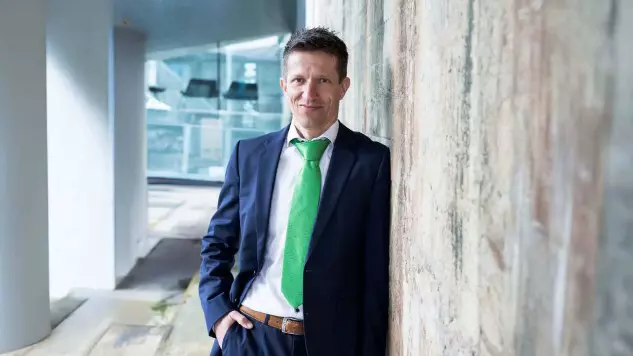
In this exclusive interview for New Polis, Jasper Steinhausen — sustainability strategist, author of the international bestseller Making Sustainability Profitable (2023), and founder of Business with Impact — explains how purpose-driven companies can turn environmental goals into real competitive advantage.
Read MoreMaking Sustainability Profitable: Interview with Jasper Steinhausen Air Pollution Raises Risk of Dementia: Why Clean Air Is a Public Health Imperative
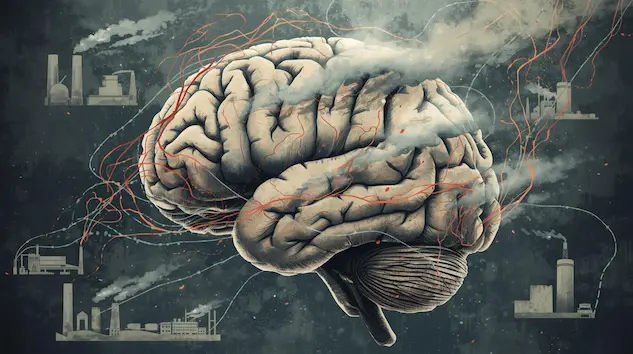
Growing evidence shows that long-term exposure to polluted air significantly increases the risk of dementia and other neurodegenerative diseases. This article highlights findings from a landmark global meta-analysis involving millions of participants, demonstrating clear links between air pollution and cognitive decline. The results underscore why improving air quality must be treated as an urgent public-health and urban-planning priority.
Read MoreAir Pollution Raises Risk of Dementia: Why Clean Air Is a Public Health ImperativePedestrian-Friendly Urban Design: Experience Sharing from Hong Kong
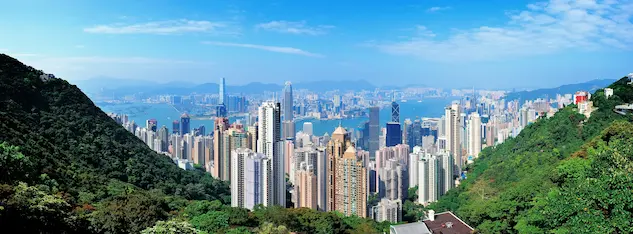
Hong Kong’s approach to pedestrian-friendly urban design showcases how dense cities can improve walkability through smart planning and people-centered infrastructure. In the article, we explore the city’s most effective strategies, from pedestrian zones to innovative crossing technologies, and examine what other cities can learn from this experience.
Read MorePedestrian-Friendly Urban Design: Experience Sharing from Hong KongCOP30 in Belém: High Tensions, Deep Divides, and Slow Steps Forward
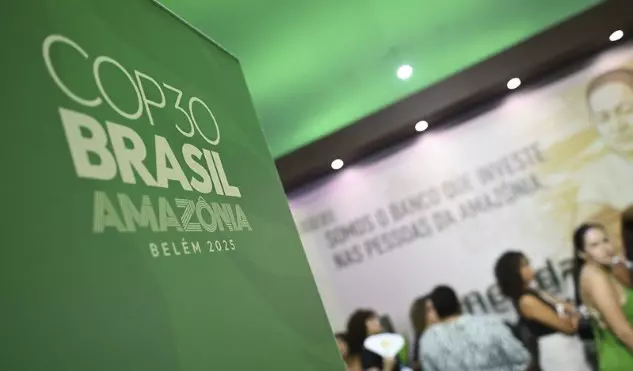
COP30 in Belém unfolded as one of the most polarising climate summits in recent memory, marked by geopolitical tensions, mass protests, and a weakened draft deal that avoided commitments on phasing out fossil fuels. Despite these setbacks, negotiators agreed on several incremental measures, highlighting both slow progress and deep divides that continue to shape global climate action.
Read MoreCOP30 in Belém: High Tensions, Deep Divides, and Slow Steps Forward